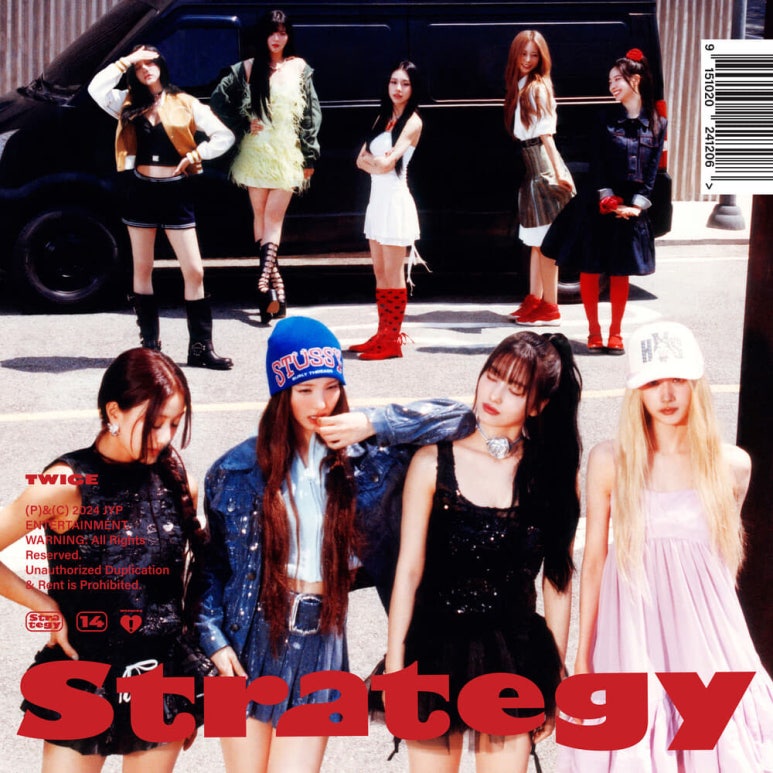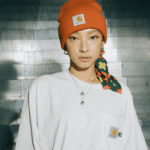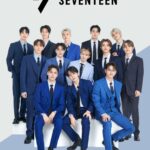Now Reading: Bada’s Explosive Apology Over Fake Product Scandal Shocks K-pop Fans
-
01
Bada’s Explosive Apology Over Fake Product Scandal Shocks K-pop Fans

Bada’s Explosive Apology Over Fake Product Scandal Shocks K-pop Fans
Bada’s Explosive Apology Over Fake Product Scandal Shocks K-pop Fans
K-pop legend Bada of S.E.S. stunned fans with an explosive apology after promoting a beauty product using false claims. This shocking twist has ignited controversy across Korea’s entertainment world—and sparked a fierce debate over idol endorsements.
1. The Scandal That Rocked S.E.S. Star Bada

In a now-deleted YouTube segment on a beauty-focused channel, Bada praised a cosmetic product she claimed to have seen during a trip to Australia. But the truth? The product had no real ties to Australia. It was merely part of a “concept brand” designed to appear international. Outrage followed quickly as netizens discovered the deception. SBS Star 2025
2. Bada Breaks Her Silence With Emotional Apology
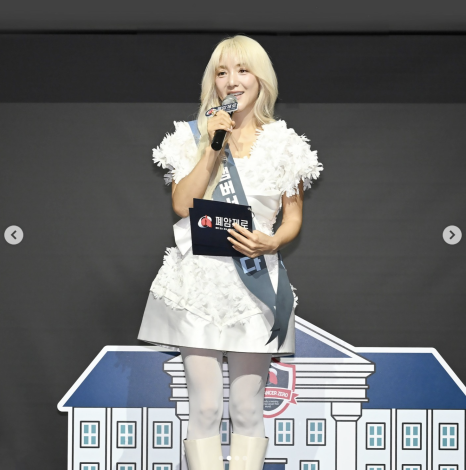
On August 5, Bada posted a handwritten letter on social media, saying: “I deeply regret causing confusion with statements that differed from the truth. I feel ashamed. I will strive to act with greater responsibility.” The confession sent shockwaves through the K-pop community. Koreaboo 2025
3. Wavenine Fires Back With Legal Threats

Her agency, Wavenine, admitted partial fault for failing to properly vet the content. The company claimed the product script was provided by an external production firm and that Bada simply followed instructions. Legal action is now being prepared against both the production company and cosmetics brand for providing false information.
4. Step-by-Step Breakdown of What Went Wrong
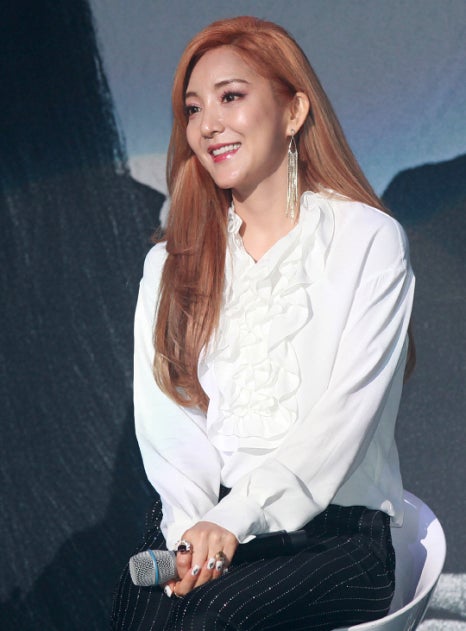
- Bada films promotional content with a third-party team.
- She refers to the product’s alleged Australian roots (a scripted line).
- Public discovers the claim was fabricated.
- Bada issues apology; video gets deleted.
- Agency Wavenine vows legal retaliation.
5. The Hidden Dangers of Idol Endorsements
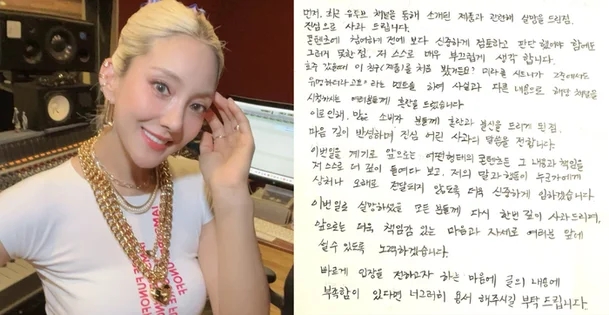
This isn’t the first time a celebrity has landed in hot water over scripted advertising. The Bada controversy underscores the vital need for talent and agencies to verify all product claims—especially in an era of rising consumer skepticism.
6. What Fans Are Saying

Fan reactions have ranged from disappointment to understanding. Some noted that Bada was likely unaware of the full details, while others emphasized the responsibility public figures have when promoting products.
7. Celebrity Apologies: Do They Still Work?

Bada’s sincere tone may help rebuild trust—but the jury’s out. In an industry where perception is everything, even a heartfelt apology might not erase the damage overnight.
8. Similar Scandals Rocking K-Entertainment
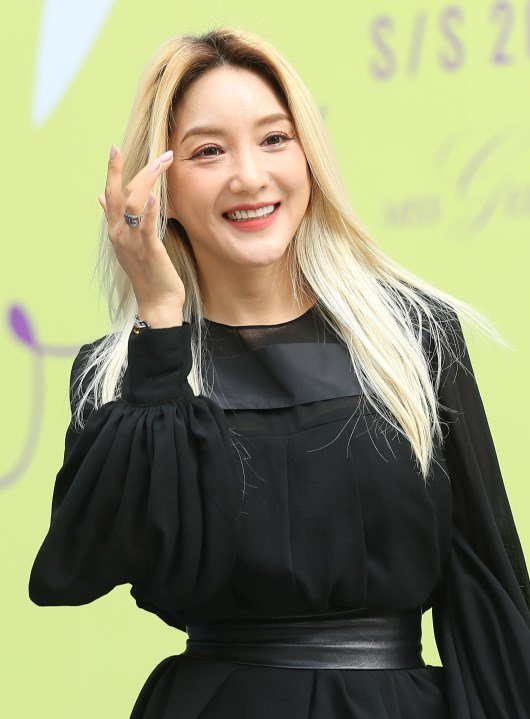
Other idols have faced backlash for exaggerated or false endorsements. From misleading skincare claims to “foreign-sounding” rebranding tactics, Korea’s influencer economy is under fire for its lack of transparency.
9. Can Agencies Be Trusted After This?

With Wavenine admitting fault, many are questioning the oversight processes behind celebrity marketing deals. Should agencies be legally required to vet third-party scripts?
10. What Happens Now? Legal Fallout & Industry Reform
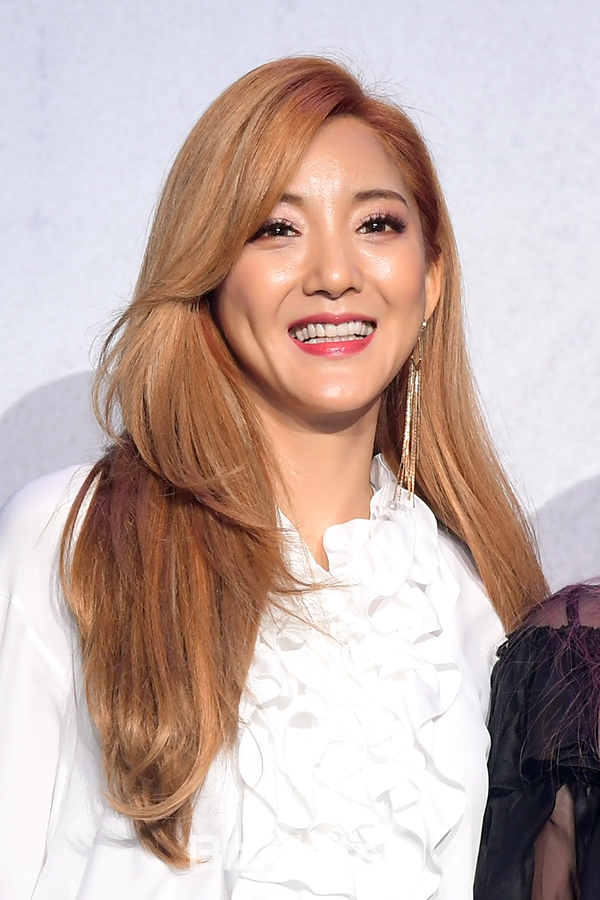
Wavenine is pursuing both civil and criminal legal action. As the scandal unfolds, industry insiders expect tighter regulation and deeper scrutiny of celebrity promotions. Korean Vibe 2025
Can-You-Believe-It Twist: The “Australian” Brand Wasn’t Even From Australia
That’s right—the brand was simply styled to look foreign. Bada’s line about seeing it “in Australia” was likely scripted to add international credibility. Fans were not amused when the truth emerged.
| Date | Event |
|---|---|
| Aug 4, 2025 | Controversial product video airs |
| Aug 5, 2025 | Bada posts apology on social media |
| Aug 6, 2025 | Wavenine announces legal action |
Common Mistakes to Avoid
- Blindly reading scripts without verifying product claims
- Allowing third-party teams to handle endorsements unsupervised
- Failing to issue prompt and transparent apologies
FAQ
Q1. Did Bada knowingly promote a false product?
A. No. According to her agency, she followed a pre-written script and wasn’t given full background.
Q2. What is Wavenine doing about it?
A. They’ve cut ties with the production company and are pursuing legal action.
Q3. Was the product actually from Australia?
A. No. It was a Korean brand using Australian-themed marketing to appear foreign.
Expert Insight
“This controversy is a case study in how even scripted lines can backfire without proper vetting. It’s time agencies implement robust endorsement ethics.” — Prof. Minji Park, Marketing Law Expert
















